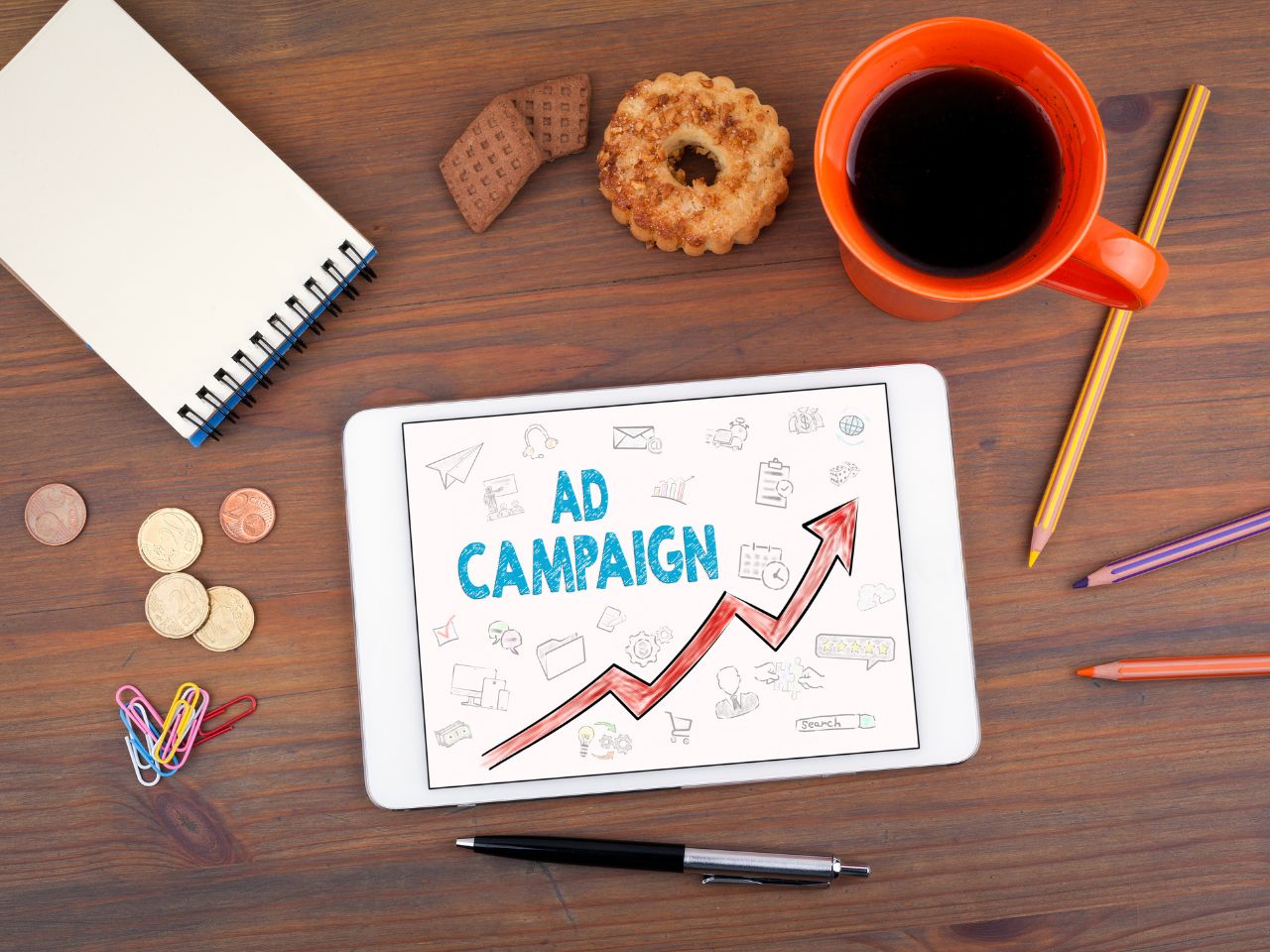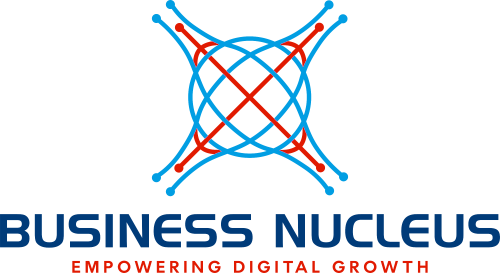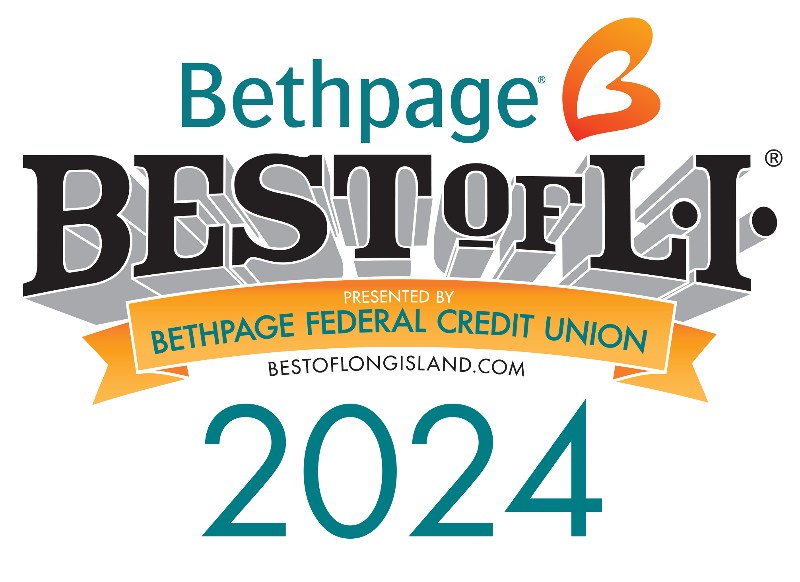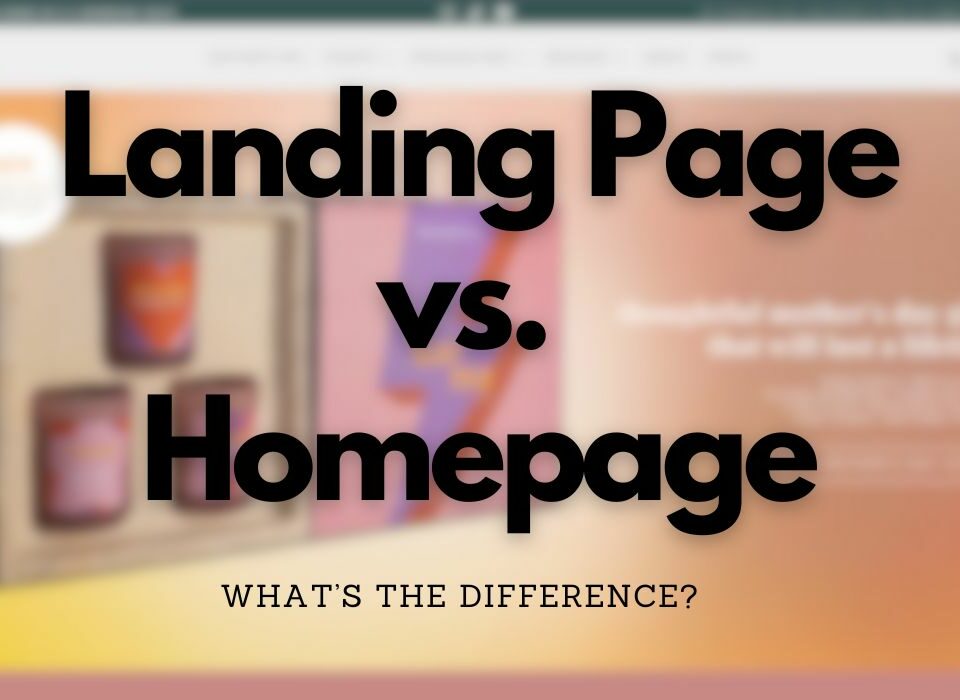Do Google Ads Work for Small Business in 2024?

Long Island’s Digital Leaders: Business Nucleus Wins Best of Long Island 2024
March 21, 2024
The Best Performing Google Display Ad Sizes in 2024
May 1, 2024Do Google Ads Work for Small Business in 2024?
More than ever, small businesses are seeking ways to shine in the crowded online market. As a tool to boost visibility and drive sales, Google Ads has always been a key player that adapts to the changing needs of marketers. But do Google Ads work for small businesses today?
In this informative article, Business Nucleus, a Long Island digital marketing agency, provides insights on using Google Ads for small businesses.
Understanding Google Ads
Google Ads is a robust digital advertising solution that allows businesses of all sizes to display ads across Google’s extensive network, including its search engine, partner sites, and apps. This platform helps businesses reach a vast audience effectively and efficiently. Here’s a deeper look into how Google Ads operates and the advertisements it supports:
How Google Ads Works
Google Ads (formerly Google Adwords) operates on a pay-per-click (PPC) model, meaning advertisers pay each time users click on their ads. It’s a model complemented by an auction-based system where advertisers bid on keywords for which their ads want to show. When a user performs a search that includes these keywords, Google runs an auction to determine which ads will appear based on several factors:
- Bid Amount: How much the advertiser is willing to pay per click.
- Quality Score: An aggregate estimate of the quality of your ads, keywords, and landing pages. Higher-quality ads can lead to lower prices and better ad positions.
- Ad Rank: A combination of your bid, ad quality (including expected click-through rate, ad relevance, and landing page experience), the context of the user’s search, and the expected impact of extensions and other ad formats.
Understanding these elements can significantly enhance a small business’s ability to succeed in the competitive Google Ads landscape.
Types of Google Ads
Google Ads offers several formats that cater to diverse marketing needs, each with unique benefits:
- Search Ads: These are text ads that appear on Google Search result pages. For small businesses, search ads are valuable for capturing the intent of users actively searching for products or services similar to those they offer.
- Display Ads: These visual ads appear on websites within the Google Display Network and can include images, banners, and rich media. They are excellent for building brand awareness and retargeting users who have previously interacted with your business.
- Video Ads: On YouTube or Google Video Partners’ websites, video ads are displayed before or during the content. They are highly engaging and can tell a brand’s story or showcase products.
- Shopping Ads: These ads appear above or beside Google search results and provide users with a snapshot of your product, including an image, title, price, and store name. They are ideal for e-commerce businesses looking to drive more sales.
- App Ads: Designed to drive app installations across Google’s entire inventory of ads, including search, Google Play, YouTube, and the Google Display Network. Google’s AI automatically optimized these ads to bring the most downloads for your app.
By leveraging different ad types, small businesses can tailor their advertising strategies to meet specific goals, whether it’s increasing site visits, enhancing online visibility, promoting local services, or boosting product sales. Understanding the nuances of each ad type and how they integrate into an overall marketing strategy is crucial for maximizing the return on investment in Google Ads.
Through Google Ads, small businesses have the power to reach prospective customers just as effectively as larger corporations. With the right PPC strategy, Google Ads can be a powerful tool for businesses to reach a wider audience, engage them, and cultivate customer loyalty.

Benefits of Google Ads for Small Businesses
Google Ads offers several advantages that can be beneficial for a small business seeking to carve out their niche in a crowded market:
- Targeted Advertising: With advanced targeting options, a Google Ad can reach specific demographics, geographic locations, and even users based on their browsing behavior. This precision helps minimize wasted expenditure and increases the likelihood of reaching potential customers who are most likely to convert.
- Affordability: The PPC ad model allows small businesses to control their marketing expenses effectively. Google Ads also offers tools to optimize bids automatically and adjust spending based on ad performance, ensuring the most efficient use of resources.
- Measurable Results: Google provides robust tracking and analytics tools that enable advertisers to measure the success of their ads in real time. Information, such as the number of impressions, clicks, and conversions, allows businesses to refine strategies continually and improve ROI.
- Success Stories: Many small businesses have leveraged Google Ads to great effect, expanding their customer base and increasing their revenue. For example, a local bakery might use geo-targeted search ads to attract customers in their vicinity who search for “birthday cakes near me.”
Challenges and Considerations
Despite its benefits, Google Ads can present certain challenges for small businesses:
- Competition: The platform is competitive, especially in popular categories, where small businesses may find themselves outbid by larger companies with more substantial budgets.
- Learning Curve: To create and run a successful Google Ads campaign, it’s crucial to grasp digital marketing principles and the platform’s mechanics. Mistakes in the campaign setup, such as poor keyword selection, inadequate targeting, and display ad sizes, can lead to suboptimal results.
- Budget Constraints: While PPC advertising offers cost-effectiveness, costs can also accumulate quickly, especially if campaigns are not carefully monitored and optimized.
- Ad Quality and Relevance: Google ranks ads based not only on the amount bid but also on the relevance and quality of the ad itself and the landing page. High-quality, relevant ads result in lower costs and better ad positions.
Maximizing the Effectiveness of Google Ads in 2024
To get the most out of Google Ads in 2024, small businesses should consider the following strategies:
- Stay Updated: Google frequently updates its algorithms and policies. Staying informed about these changes can help businesses adjust their campaigns to maintain or improve their effectiveness.
- Effective Campaign Creation: Develop campaigns with clear objectives and structured ad groups based on precise keyword research and targeted ad copy. Use A/B testing to find the most effective ads and landing pages.
- Leverage AI Tools: Google’s AI and machine learning integration can help optimize bids and targeting, reduce the manual workload, and improve campaign performance.
- Integrate Marketing Channels: Combining Google Ads with other marketing efforts, like social media advertising and email marketing, can enhance overall marketing synergy and increase conversion rates.
Craft an Effective Landing Page to Convert Visitors
Think of your landing page as the welcoming front porch of your online home. It’s the first stop for visitors after they click your Google Ad, and it’s crucial to make a great impression that invites them to stay and explore.
Prioritize User Experience (UX)
A smooth and enjoyable user experience is essential. Ensure your page loads quickly, displays well on all devices and is easy to navigate. These elements help keep visitors engaged and reduce the likelihood of them bouncing off to a competitor.
Align Your Content with Your Ads
Your landing page should directly reflect the promises made in your ads. This sets the right expectations and builds trust.
Focus on Conversion Optimization
Every element of your landing page should encourage visitors to convert. Highlight the benefits of your product or service, include trust signals like testimonials, and keep forms brief.
Test and Learn
To maximize your landing page effectiveness, regularly test individual elements to see what works best. Use A/B testing and track user interactions with tools like Google Analytics.
By continuously refining your landing page, you create a more effective and engaging entry point that transforms visitors into loyal customers.
Evaluating Cost-Effectiveness
One of the most significant considerations for any small business investing in advertising is the cost. Google Ads, with its PPC model, offers a potentially lucrative framework. Still, real cost-effectiveness depends on several factors:
Crucial Cost Factors:
- Industry Competition: Some industries have higher average costs per click because of intense competition. Understanding this landscape is vital for budgeting.
- Keyword Strategy: Selecting the right keywords is crucial. Keywords with high intent and lower competition can be more cost-effective, yielding better results at a lower cost.
- Quality Score: Google assesses the relevance of your ads to the keywords and landing pages, affecting both cost and effectiveness. A higher Quality Score can lead to reduced costs and improved ad placements.
To truly benefit from what Google Ads offers, small businesses must approach these campaigns strategically, focusing on optimizing each factor to stretch every dollar further.

Boosting Visibility and Traffic
Visibility is the cornerstone of digital marketing success. Google Ads excels in placing your business in front of potential customers who are already looking for what you offer, making it a powerful tool for generating qualified leads.
Advanced Targeting Options
Google Ads provides advanced targeting options that help tailor your advertising efforts:
- Geographic Targeting: This feature allows businesses to display their ads to potential customers in specified locations, which is crucial for local businesses.
- Demographic and Interest-Based Targeting: You can fine-tune your audience by selecting demographics or interests, ensuring that your ads reach those most likely to be interested in your products or services.
These targeting tools are invaluable for small businesses because they allow for the precision targeting of advertisements, leading to higher conversion rates and more effective use of advertising budgets.
Measuring Success Through Advanced Analytics
Besides facilitating ad placements, Google Ads provides comprehensive tools to measure and analyze the performance of your ads. Understanding these metrics allows businesses to make informed decisions and refine their strategies.
Key Performance Indicators
- Click-through rates (CTR): This metric helps you understand how compelling your ad is to your target audience.
- Conversion rates: This shows how many clicks on your ads result in actual business actions, such as purchases or sign-ups.
- Cost per conversion: This measures the cost-effectiveness of your campaign in driving the desired actions.
Regular analysis of these indicators provides insights critical for tweaking campaigns and achieving better outcomes.
So, Is Google Ads Still Viable for Small Business in 2024?
In 2024, Google Ads remains a powerful tool for small businesses seeking to enhance their digital presence. Its sophisticated targeting capabilities, cost-effective pricing model, and robust analytics offer a comprehensive advertising solution that can scale with your business. By understanding the platform’s intricacies and continuously optimizing your strategies, you can leverage Google Ads to compete and thrive in the digital marketplace.
Ready to take your Google Ads campaigns to the next level? Discover how Business Nucleus can elevate your PPC strategies by calling 516-388-7100 or contacting us. Let’s make your business stand out and thrive in the digital world!





